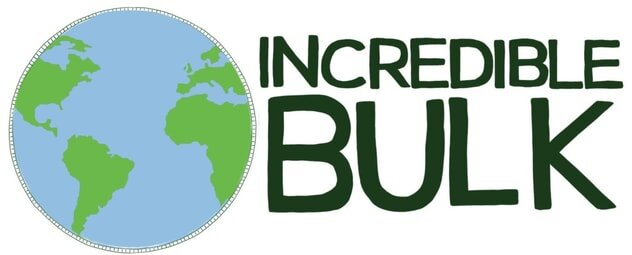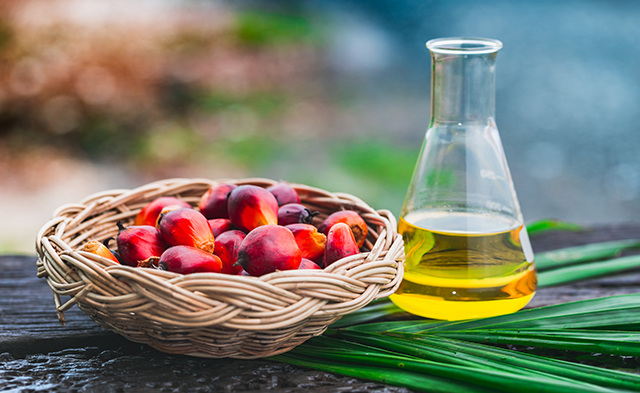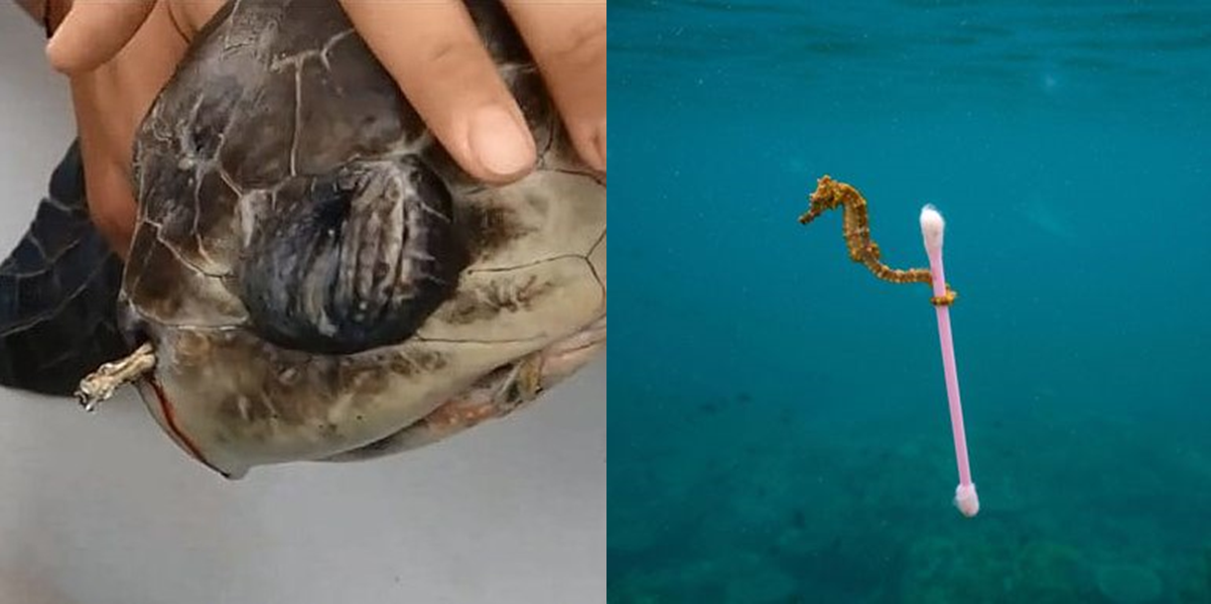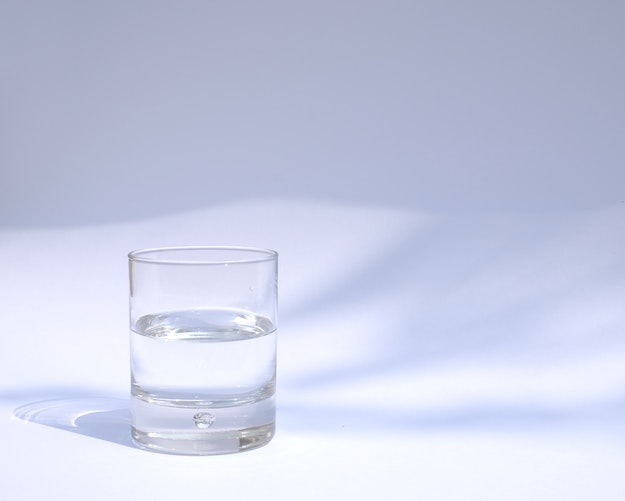As we travel around we are lucky enough to meet a lot of awesome people doing great work to avoid and reduce plastic use. For Plastic Free July we asked them all for their top tip in avoiding single-use plastic and reducing your waste. We love how there are common themes throughout, really highlighting some of the key issues. We hope it helps you think about some small changes you can start to make this July! Remember we can all make a difference, as highlighted by the excellent BBC show War On Plastic, one street reduced their single use plastic by 45%, if the whole of the UK did that it would be equal to 8.8 billion less single use items in homes, lets make this a big revolution!
Adele Morgan aka Minimal Impact Cornwall:
“When starting your plastic free journey, perform regular bin audits to see what you are throwing away on a regular basis. This will allow you to see what changes you need to make first. Don't beat yourself up along your low waste journey. It is impossible to be 100% waste free due to the linear economy we live in. We can only do the best we can and small changes over time will have a large positive impact :)”
Alison Ford aka Natures Anchor
“I find buying fruit and vegetables covered in plastic is absolutely ridiculous so I tend to source and support local farm shops and businesses/farms that deliver veg boxes, which means I also get to enjoy eating seasonal foods as much as possible. Supermarkets are getting there but not completely and the local fruit & veg shops seem to have disappeared so... choose the loose producers, or source ethical, independent shops who sell local veg! When shopping I also take my own bags and refuse plastic bags. Whatever you do, helps. You don’t need to be perfect, however if you’re willing to consistently try, you will be making a difference.”
Amy Laurence from Georganics
“Switch to a bamboo toothbrush! It's such a simple and affordable alternative to something we use everyday but so many people overlook. Bamboo toothbrushes can last up to 3 months, cost the same as a cup of coffee and can be composted or recycled after use. You can also send the head with the nylon bristles back to us via our Zero To Landfill Scheme.”
Jill Scott from A Short Walk / R Cup
“Become plastic savvy. As circular designers we very much agree that the consumption of single use, disposable plastics is a ‘take, make, waste’ approach of our planets natural resources and this is a problem. But, plastic as a material isn’t all bad. In fact, it is part of the solution. One of the main reasons we find ourselves in this waste and resource crisis is that we have forgotten that nothing is truly recycled until it is actually reused or repurposed into something new. We can all truly recycle by starting to seek out products that are made from waste materials. We have a little way to go before big industry catches up with this idea so whilst we wait for those big wheels to turn lets create a demand for products made from recycled materials and those that can easily and fully be recycled at the end of their lives. Creating demand for reinvented rubbish will unlock the value in otherwise worthless throw away materials which in turn stimulates economic investment in ‘waste’ by recycling facilities and manufacturing which will help to turn those big wheels even faster.”
Dave Muir, Sennen SAS Plastic Free Rep
“My tip is quite simple. Shop local and buy for only a few days at a time. That way we avoid waste and it’s a lot easier to buy unpackaged produce. Waste is what’s killing the planet. We are all responsible for this.”
Angie Gall from Gwenen Eco Wraps
“We obviously love a wax food wrap! Great for picnics in these summer months, use them for sandwiches, quiche, fruit, cakes.....they're so versatile you can even use them as a spoon if you forget one! An easy way to make your picnic beautiful and single use plastic free!”
Krista Taylor, creator Scence
“I don't know where to start there are so many great plastic swaps to mention but I will make the following suggestions! An easy plastic swap for the bathroom is switching to a hard shampoo bar, they’re good value and work well, I use Beauty Kubes dry cube shampoo. I also recommend WUKA pants for the girls to get away from sanitary products, check them out! And finally, although its not a plastic swap I would like to share this search engine app called Ecosia as they plant trees if you use them to search online. Very cool!”
Helen Round, Designer Helen Round Textiles
“I love our set of reusable bamboo makeup pads. They’re designed to fit neatly in the palm of your hand, they’re great for removing makeup and perfect for your daily cleansing routine. After use, just pop the pads in the washing machine at 30 degrees or launder by hand. Designed to be used again and again, they are an eco alternative to single use wipes and cotton pads which can be harmful to our environment. We also offer a reusable pure linen sandwich wrap with waterproof lining and linen bread bags to collect your favourite bread from the bakers!”
Geoff Arden, Founder Greencane Paper
“The great thing I like about the zero waste movement is that at its heart is the inspiration to question existing thinking. On packaging, zero waste is seriously asking why and how we use packaging. For me this questioning firmly puts the buying decision in the hands of the customer and forces retailers and manufacturers to often rethink their products. For too long these organisations have been in charge of our thinking ,in the toilet paper world I despair at the hypocritical thinking of having recycled toilet paper wrapped in plastic wrap, then sugar coated with a lots of green logos and writing. Zero waste is not only about how we act but of the greater issue of consumerism and our environment.”
Plastic Free Helston
“Plastic microfibers are tiny pieces of plastic which are shed by clothing made from man-made fibres such as polyester and nylon when they are washed. These fibres are so small they can filter through water treatment plants and go into our oceans where they are eaten by sea creatures and can even become part of our food chain. Plastic Free Helston’s top tips to reduce this problem are:
• Try to purchase clothing made from natural fibres such as wool, cotton, linen, cashmere or silk where possible.
• Consider whether your clothing really needs washing, whether it is actually dirty or whether you have just worn it once.
• When washing clothing made from man-made fibres try to wash it in a cool wash, reduce the spin speed of your washing machine and try to air dry your clothes rather than tumble dry. It is also possible to purchase an appropriate laundry bag to collect the microfibers.”
Monika and Steve aka Clean Ocean Sailing
“On our Isles of Scilly clean up expedition back in February, we encouraged our volunteer sailors to not use any single use plastic especially water bottles. Instead, we all used refillable bottles which hugely reduced the plastic waste we produced as a group. During our expedition we found over 3000 plastic bottles that had come from all over the world. This plastic waste had caused huge environmental damage, as well as polluting paradise for wildlife, which is why its our top plastic free swap.”
Lizzi Larbalestier, Plastic Free Perranporth
“Make your own plastic free deodorant; you’’ll need:
1 tbsp Beeswax, 2 tbsp coconut oil, 2 tbsp shea butter, 2 tbsp baking soda, 2 tbsp arrowroot, 25 drops essential oil of choice.
Once you have everything together, melt oils and beeswax, take off heat and add powders. Allow to cool for 15mins, add essential oils then pour into jar and allow to cool for at least 2 hrs before using. So easy!”
Kirsty Edwards, Plastic Free Falmouth
“My plastic free tips with kids: always carry a spare refillable water bottle and a tupperware for snacks. Use a soap net bag to stop bars of soap slipping out of little hands. Bake with the kids to make snack foods to avoid plastic wrapped. Get them involved with refilling by getting them to decorate jars to take to be refilled, we also think these make great gifts for people with kids drawing on the labels! Another fun thing to do with the kids is to go to Un_Rap and make your own plastic free peanut butter!”
Emma Whistance aka The Cornish Artisan
“My top tip would be to shop local with small independent businesses, farmers, growers, and artisan makers to support our local economy, reduce the carbon footprint and the use of unnecessary plastic. Be mindful of your consumption- only buy and consume what you need. This way of living can bring us back to a far slower and more enjoyable way of living where we can truly appreciate the journey of the item we have purchased whether that is a food/drink/household/clothing. whatever the item we can value and appreciate the work and energy to produce the item of purchase and the people involved in this process from start to finish which I believe creates more connection and community in this way of life.”
Mags & Jo aka Bee Bumps Surf Wax
“Our top tip is to buy fewer items and try to borrow or share more with friends!”
Rachel Yates, Plastic Free Penzance
“Our plastic free tip would be to shop local so you can support your local high street and reduce plastic at the same time! Supermarkets are a hive of throwaway plastic - so avoid them and support local shops and businesses instead. They are far more likely to use less plastic packaging or to be working towards reducing it. Fill your reuseable bag with unwrapped fruit and veg at the local grocers, buy goods in paper from the local bakery and many local butchers will pop meat in a tub brought from home rather than plastic bags. Head to Refill stores for dried goods like flour, pasta, rice, dried fruit, nuts, sugar etc and look for refill cleaning products and bathroom essentials in local health stores and locally owned shops. It’s great to support our communities as well as reduce impact on the environment.”
Aileen Wauer, DENTTABS
“One of the biggest culprits in producing garbage is our consumption. We like a lot and therefore buy a lot. To avoid pointless garbage, we recommend that you shop more wisely. Make a list before shopping and think about where to buy something. Ask yourself if you really need this or that, or if it’s just the pretty packaging convincing you to buy. Above all else, plastic can be avoided by just buying what we really need and avoiding unnecessary things. Many believe that sustainable shopping is particularly expensive, but when buying consciously, we find we buy much less and so overall you can save a lot of money in the end. You buy what you need, throw away less and not only save money, but also waste. In general it is also wise to inform yourself a bit more about ingredients and what goes into making that product. If you know what you are buying, what the product contains and which impact it actually has to you and your body, you will automatically reduce plastic by refraining from chemical additives.”
Tania Clark, Plastic Free Mawgan Porth
“It’s very easy to get overwhelmed with replacing single use plastic, or even just single use items. My top tip is to do it gradually. Reusable items tend to be more expensive than single use items but that’s because they’ve been designed and manufactured with the intention to last more than just once. The initial outlay definitely outweighs the cost of buying and buying again several times but be kind to your pocket and choose to replace something each month or every other month. Also, factor in research and don’t buy on impulse. Products can be marketed in such a way that they become the latest fad rather than being good for the planet.”
The Beach Clean Project
“We all highly recommend using GuppyFriend bags or similar to stop microplastics from some types of clothing ending up in waterways. It’s a problem that people always overlook but a really easy step to take!”
Fiona, Plastic Free St Agnes
“We highly recommend bicarbonate of soda as a fabulous cleaning product. Two teaspoons in your toilet, sink or shower tray will make them sparkly clean with no damage to the environment or marine wildlife. Refill with your own jar and avoid any plastic packaging too, its a win all round!”
Plastic Free Newquay
“There are so many great plastic free tips its tough to choose one! Our first one would be to carry a reusable bottle so you don’t have to buy drinks in plastic bottles. Our second would be to stop using wipes of any kind! Buy a cloth that you can wash and reuse instead. And our third would be to shop local greengrocers and refill stores as they have less packaging and you can put your produce in your own containers, by shopping local you also reduce carbon footprint so its a double win!”
Emily aka Beach Guardian
“My favourite tip is about the plastic bag recycling point at most larger supermarkets. This massively increases the amount of recycling the everyday person can do.”
For more ideas or inspiration check out Plastic Free July
























































